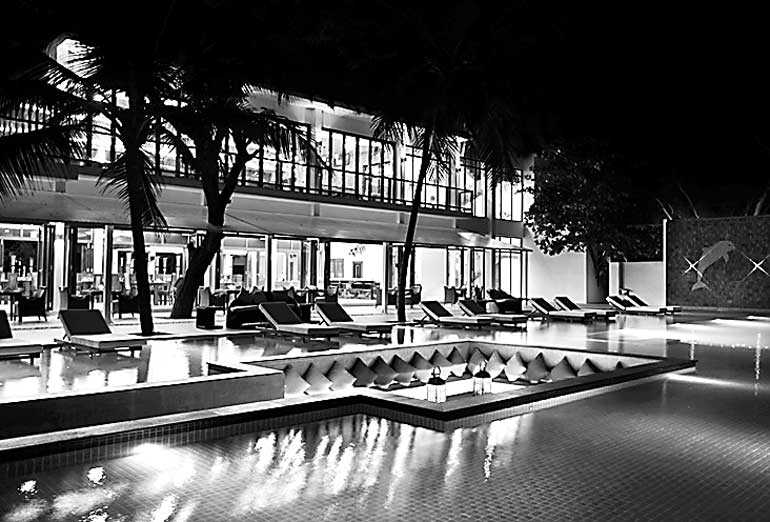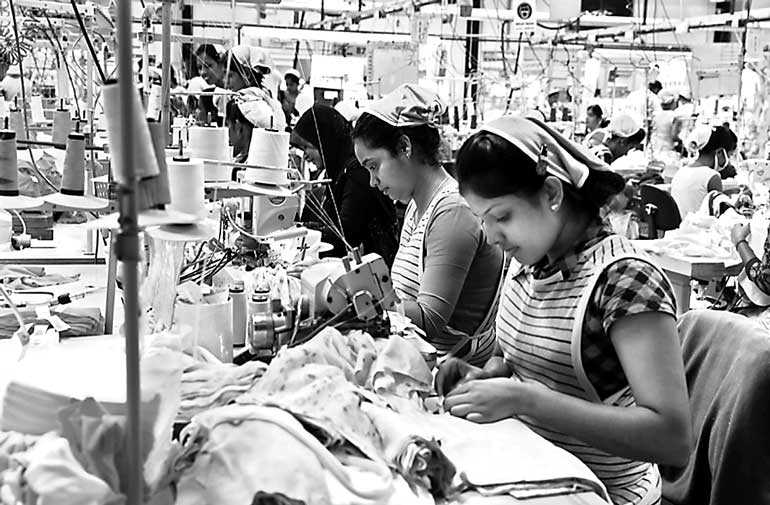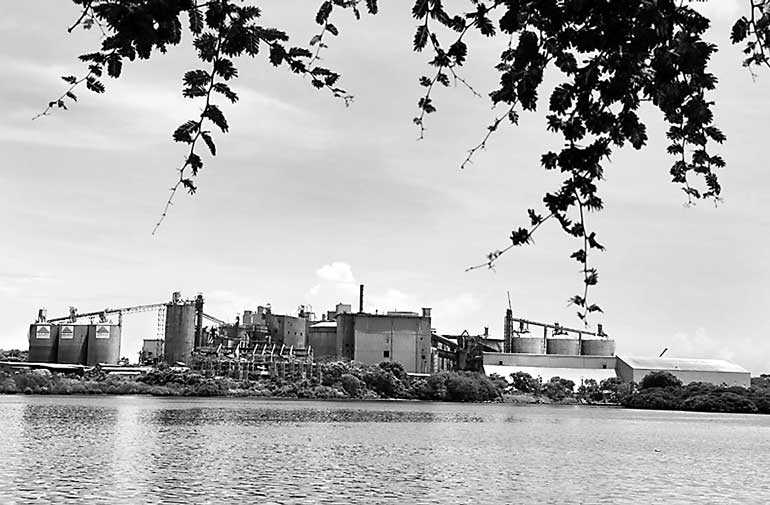Sunday Feb 22, 2026
Sunday Feb 22, 2026
Saturday, 27 October 2018 00:13 - - {{hitsCtrl.values.hits}}



The Board of Investment of Sri Lanka has played a vital role in promoting and developing the economy of the Eastern Province. In the past, the District of Trincomalee had suffered as a result of the internal conflict faced by the country. Economic development generated by investment has fostered and brought about transformations which have positively affected the lives of those living there.
The Trincomalee District represents a land area of 2,727 sq. km., with the population estimated at over 378,182 (2012 figure). This population is multi-ethnic, including the Sinhalese, Tamil and Moor communities, and also multi-religious, with Buddhism, Hinduism, Islam and Christianity practiced throughout the area.
The BOI has played a major role in strengthening the economy of the Trincomalee District with a view towards implementing the Government’s policy to develop regional industrialisation. With its large natural harbour, Trincomalee offers considerable opportunities to attract FDI. In 2017, the cumulative value of investment was Rs. 22,150 million.
The main advantage that Trincomalee can offer investments is diversity, which means that a variety of economic activities can be developed.
There are currently 17 BOI projects in Trincomalee, of which seven are tourism-related. This is a testimony to the natural beauty and diversity of the area. The projects include Anilana Hotels and Properties Ltd., Jungle Beach Resort Ltd., Lotus Park Hotel Ltd., River View Palm Hotel Ltd., Sea Lotus Park Hotel Ltd., Trinco Holiday Resorts Ltd., and Trinco Beach Hotel Ltd.
It is, therefore, the strategic objective of the Government to reposition Trincomalee as the tourism hub of the Eastern Province.
As the BOI’s primary target is to develop the manufacturing capability of the country, this sector has been considerably promoted in the Trincomalee District. Currently, there are six projects involved in the manufacture of grains and flour, cement and salt production and garments. Other sectors with potential for generating export revenue include IT, and fish and aquaculture.
Examples of these include Cinec Skills Ltd. (IT), Aqua ‘N Green Ltd. (aquaculture) and Oceanpick Ltd. (aquaculture).
BOI enterprises are also very significant employers in Trincomalee, generating 2,606 employment opportunities for local residents. Among these are 1,280 female employees working at BOI enterprises in the Trincomalee District. This reflects a healthy gender balance among BOI enterprises in the District.
Trincomalee is, in fact, rich with skilled and unskilled workers and there are many opportunities to set up enterprises in the District utilising these human resources.
There are plenty of natural resources to make use of, which include the availability of land, water and power, and physical infrastructure, such as excellent road connections and railway facilities.
There are currently five projects in the Trincomalee District which are awaiting implementation, with an estimated value of Rs. 13,804 million. These projects will generate additional 634 new employment opportunities.
The development in Trincomalee reflects the current commitment on the part of the BOI and Ministry of Development Strategies and International Trade to promote development through investment, notably FDI in outlying areas, particularly those which have undergone difficulties due to the country’s internal conflict and natural disasters, such as the past Tsunami. The attraction of investments contributes to creating new opportunities for populations within peripheral areas as well as fostering peace, prosperity and security through the process of economic inclusiveness.